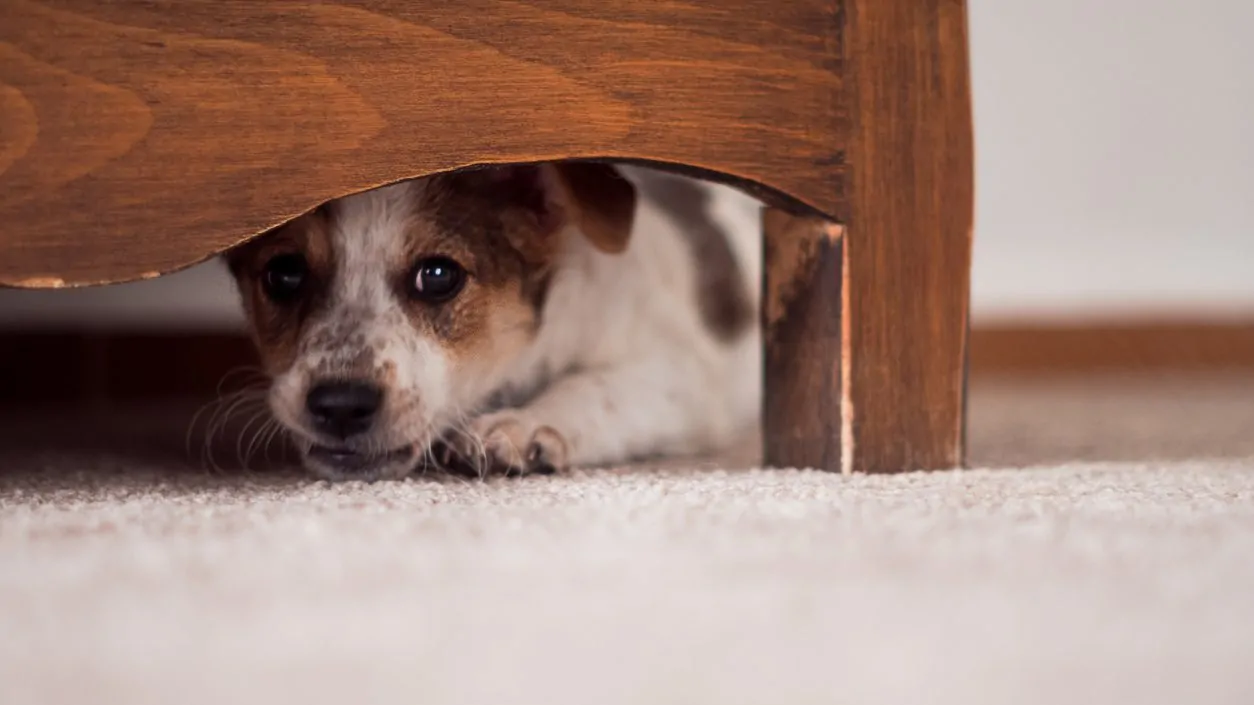
A pet owner never wants their furry companions to be unhappy, but sometimes it is unavoidable. Loud noises are among the top things that upset dogs. When scared by loud noises, dogs may bark, exhibit signs of distress, attempt to escape, or even damage property. Addressing your dog's noise aversion will have a positive impact on their mental health and yours. There are some basic steps you can take at home to make your dog more comfortable. If your dog continues to have problems, you should talk to your veterinarian about more advanced treatments.
Dogs enjoy having a safe, dark, and comfortable place to rest. This behavior may date back to when they were wolves seeking shelter in dens. A crate covered with a blanket is an excellent option. A closet or small room with the lights off and some blankets or dog beds will also work for larger dogs.
Children frequently carry security blankets or stuffed animals to make them feel safe. Dogs aren’t too different. If they have a toy they gravitate towards, place it in their “den” for them.
If your dog generally enjoys chewing, providing them a nice distracting bone or a lick mat is a great activity for them. Lick mats have grooves so that when you spread peanut butter, or something similar, the dogs must work to get the peanut butter out. This is a calming and rewarding activity for them, which may help to distract them.
Playing background noise can be beneficial. Brown noise has more bass and less static than white noise and might be a better option. It may also be beneficial to play classical music if your dog likes it.
Dogs communicate with each other and with humans through body language. Paying attention to how your dog is behaving, both before and during a thunderstorm, will help you understand which body markers they display when they are nervous. Knowing what their behavior means about their mental state is crucial to understanding how to help them.
While their behavior may seem inappropriate, it is rooted in fear. Instead of reprimanding your dog, the best thing you can do is speak to them in a happy and calm voice and try to reassure them. If they enjoy being touched, long steady slow pets are helpful.
If behavior and environmental changes aren’t enough, it may be time to visit a veterinarian. Depending on the severity of your dog’s anxiety, the veterinarian may recommend different medications. There are several medical options, ranging from calming pheromones to anxiety medications used in humans.
Phone: (855) 461-8259
Email: [email protected]